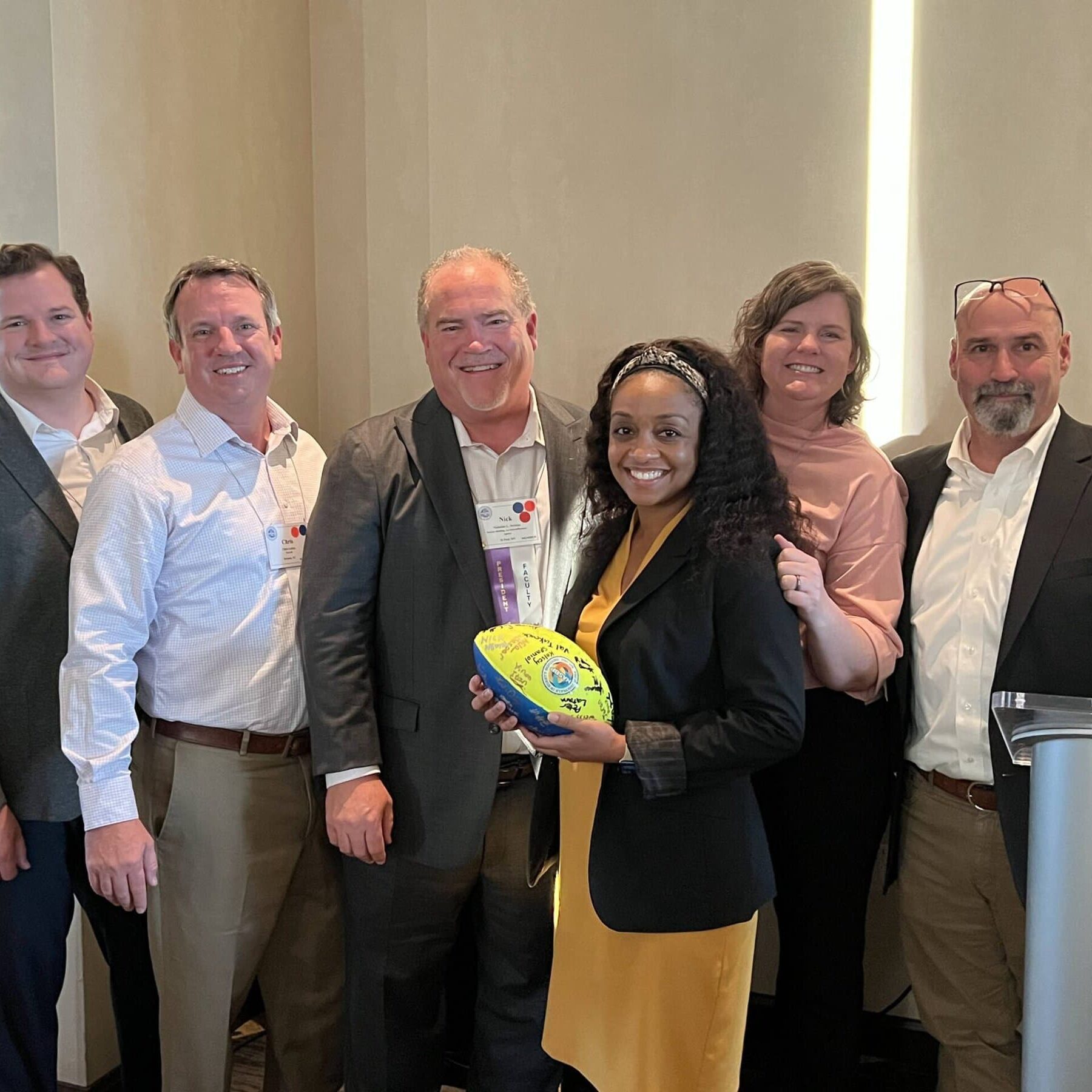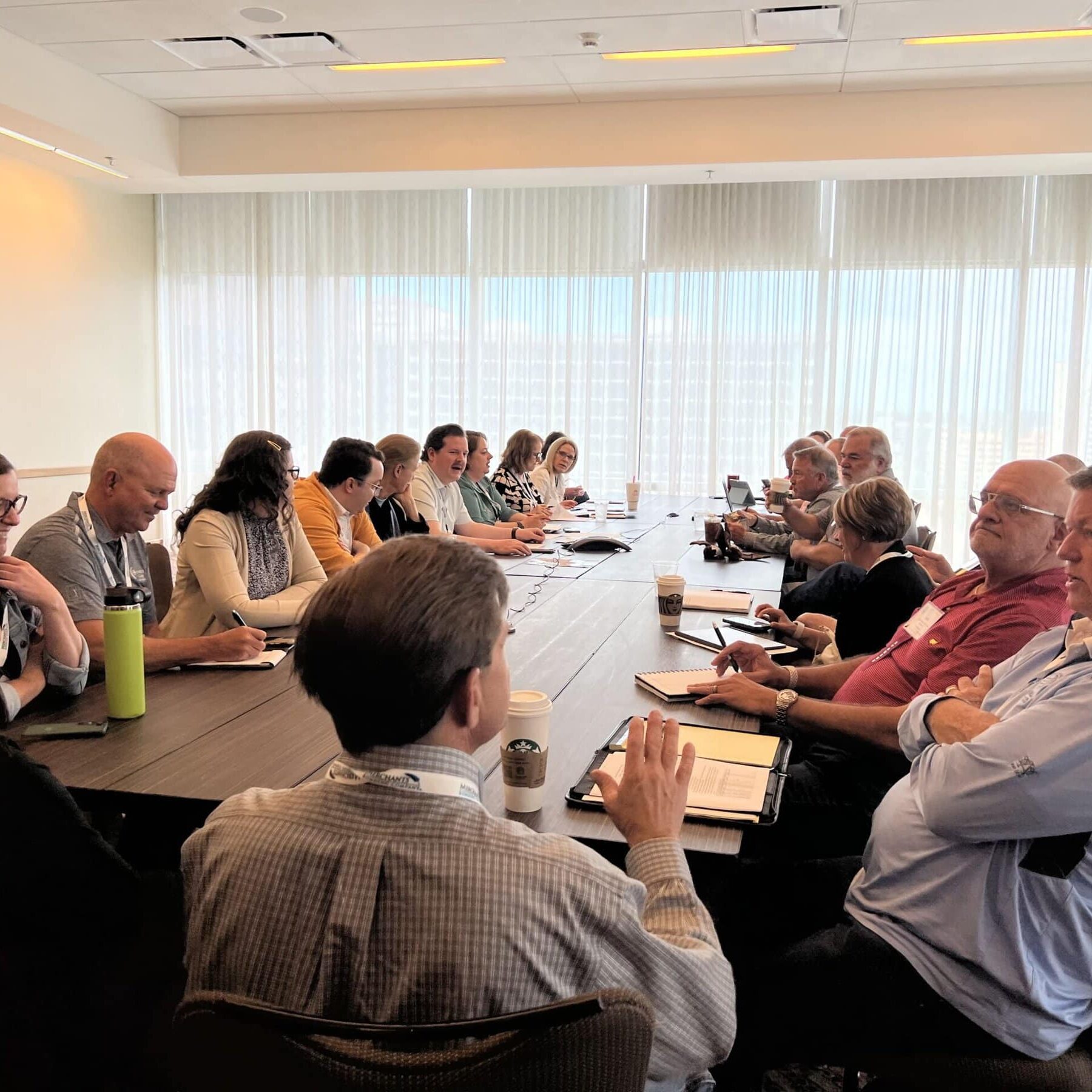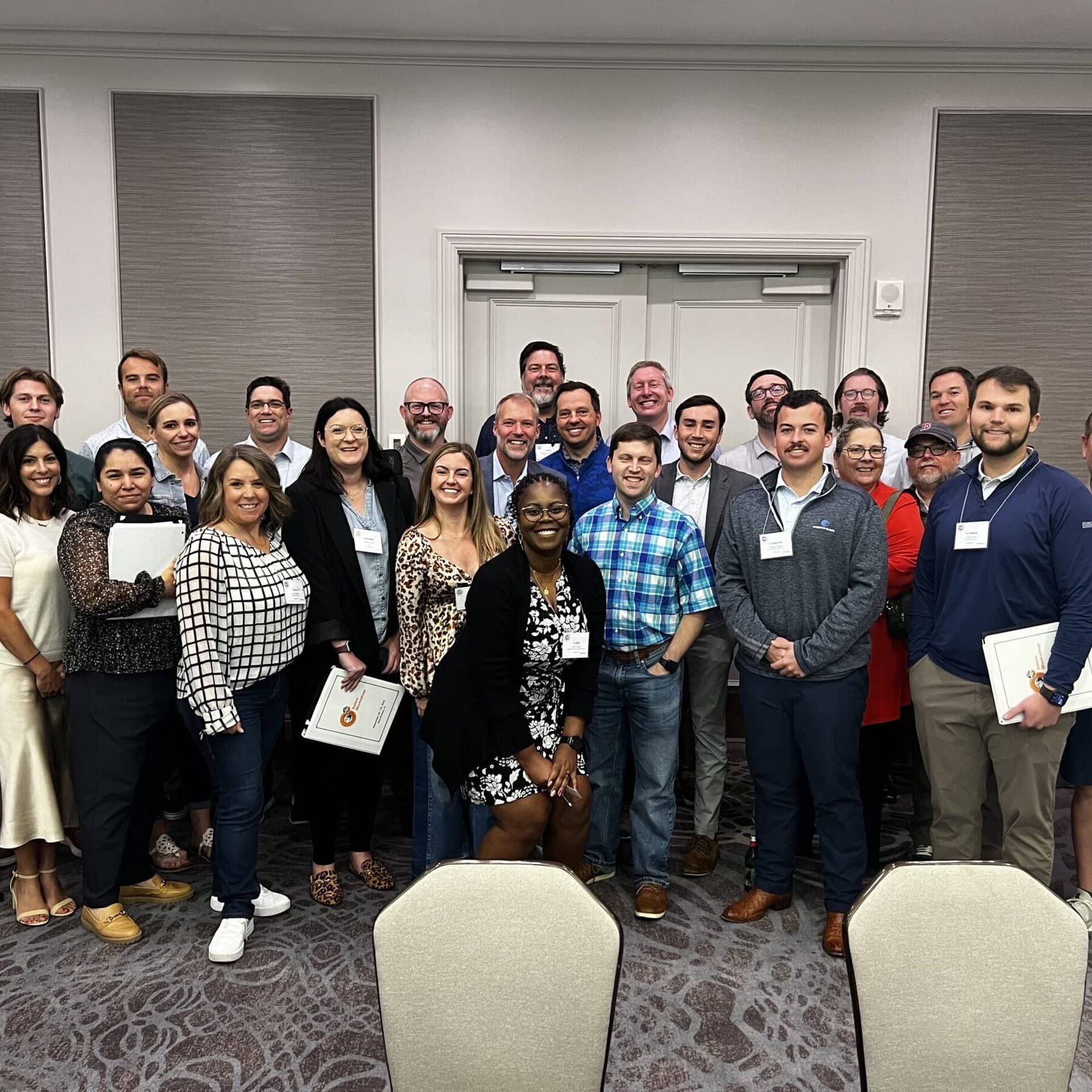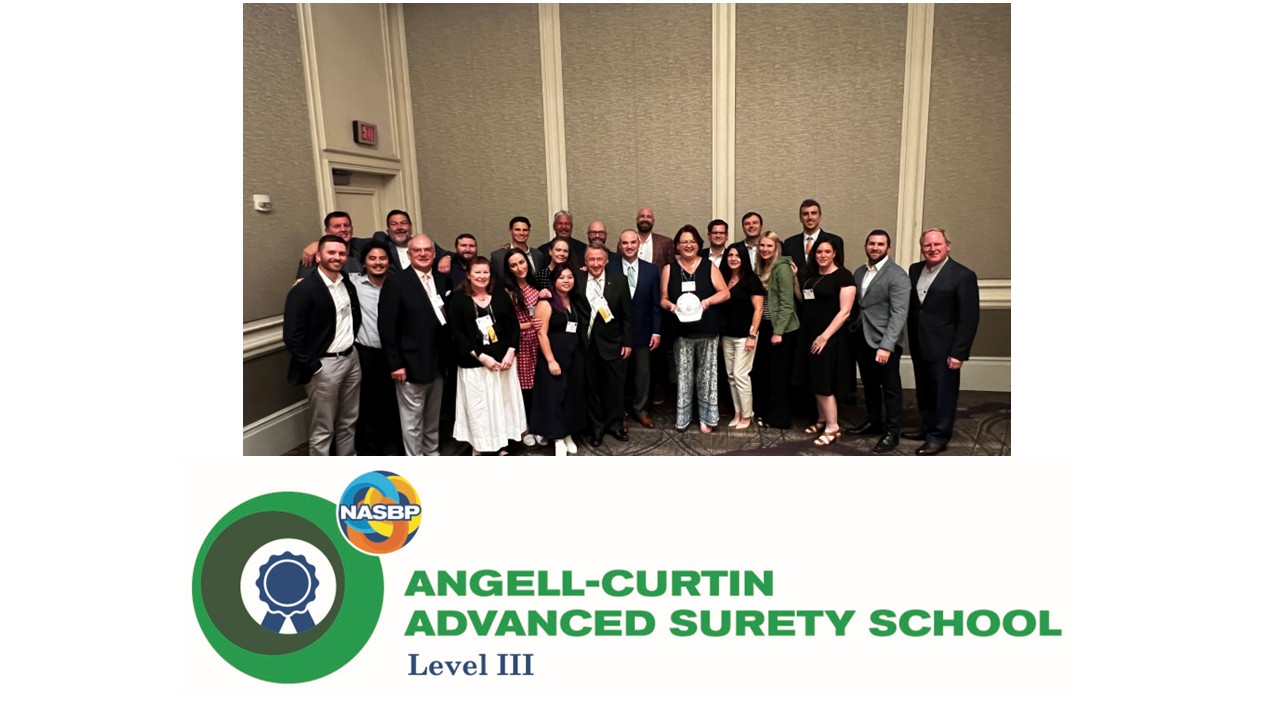Latest Events
Networking & Events
Engagement
Get Involved
Become a Member
NASBP Membership helps your business prosper and provides the tools to advance the business of your clients.
Advocacy Efforts
Join industry colleagues in advocating for the surety product. NASBP advocates for, protects, and advances the interests of professional surety bond producers and of suretyship. It informs, persuades, and engages legislators, government officials, and all parties interested in or impacted by surety bonds.
Sign Up for NASBP SmartBrief
NASBP’s free, weekly e-newsletter features snapshots of articles from leading construction and insurance industry resources keeping you informed on news, people, markets, and policies impacting the surety industry.

Education
Upcoming Educational Events
NASBP strives to increase the professionalism of those who work in the surety industry by providing world-class programs and products that meet the training and education needs of the Association’s Membership.
Community
Our Committees
NASBP Committee service is an ideal path to expanding your impacts on and understanding of the surety profession, building your leadership skills, and interacting with other professionals with shared goals and similar interests.

Surety Awards
NASBP awards recognize excellence in achievement in the surety industry.

Member Directory
Find a Member
NASBP bond producers are committed surety professionals who focus their careers and expertise on advancing surety bond relationships and understanding the unique underwriting standards and practices of surety companies as well as the capabilities of the various surety markets.



